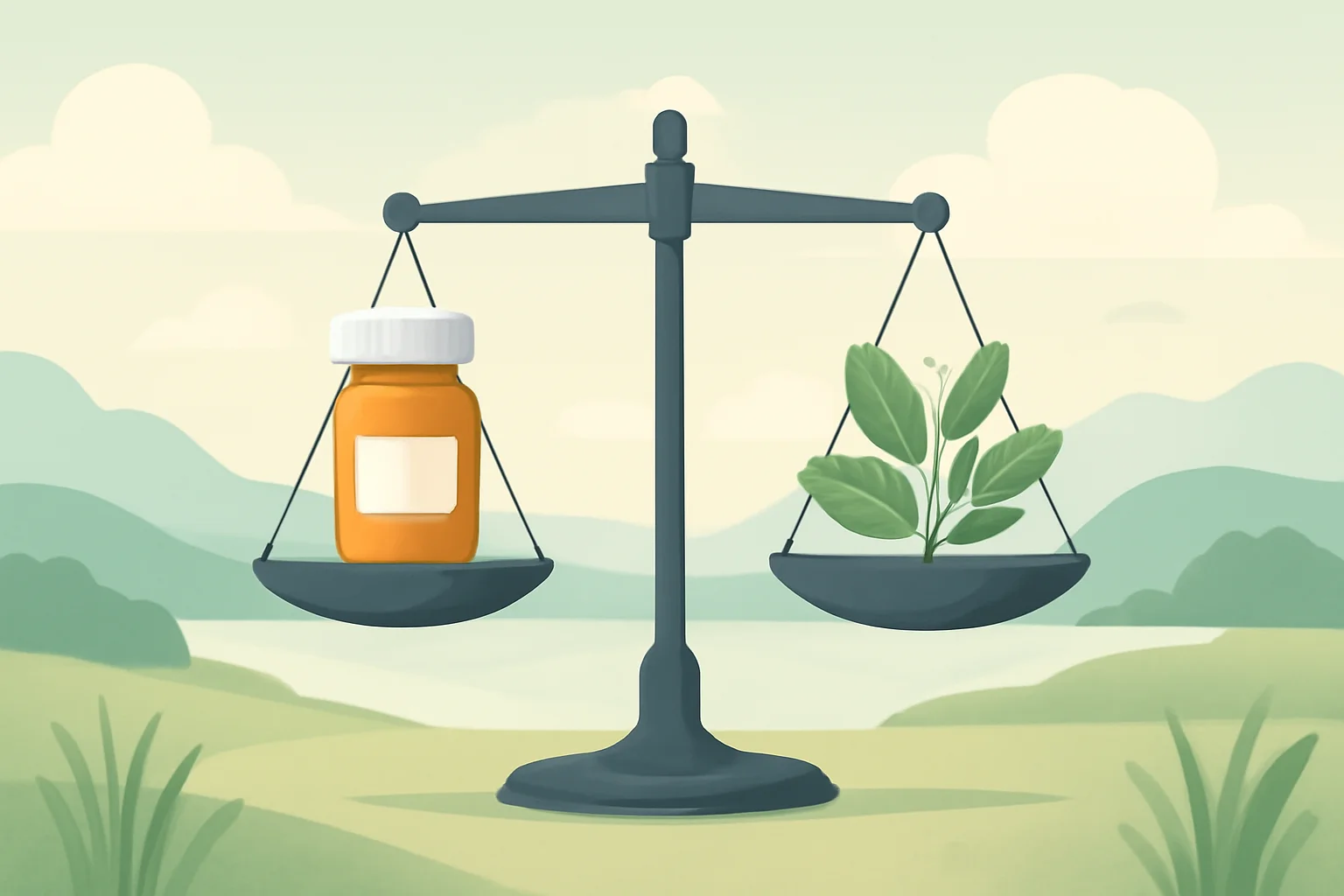
The Role of Solutions and Syrups in Everyday Health Maintenance
The world of pharmaceutical forms offers a wide variety of preparations. Different types of medications are available that can help treat diseases or alleviate symptoms in various ways. Solutions and syrups, as two common pharmaceutical forms, play a significant role in therapeutic approaches. Both have different properties that affect their effectiveness and usage. Solutions are typically liquid preparations in which the active ingredients are completely dissolved, while syrups are thicker liquids with a sweet taste, usually containing sugar or other sweeteners. People often seek the most suitable pharmaceutical form that best meets their needs, whether it be taste, effectiveness, or dosage.
Characteristics and Advantages of Solutions
Solutions are liquid pharmaceutical forms prepared by dissolving active ingredients in water or other liquids. Solutions can be sterilized, making them suitable for medical and surgical applications. They are typically administered in injectable, infusion, or oral forms.
The greatest advantage of solutions is that the active ingredients are rapidly absorbed in the body. Since the active ingredient is already dissolved, it can immediately enter the bloodstream after passing through the gastrointestinal tract. Therefore, they are often used in emergency situations where a rapid effect is necessary.
Moreover, dosing solutions is also easier because the volume of liquid can be easily measured. This is particularly important in the treatment of severe illnesses, where precise adherence to dosages is essential for effectiveness. Solutions are widely used in the pharmaceutical industry as many active ingredients dissolve well in water, making their production relatively simple.
However, solutions also have disadvantages. For example, their taste can often be unpleasant, making it difficult to administer them to children or adults with sensitive tastes. Additionally, since solutions are liquid, their storage and transportation require special attention to avoid leakage or contamination.
Characteristics and Advantages of Syrups
Syrups are thicker liquids with a sweet taste, in which active ingredients are typically combined with sugar or other sweeteners. Syrups are often used in the form of cough suppressants, pain relievers, and other medications. Due to their sweet taste, syrups are particularly popular among children, as they are much easier to accept than more palatable solutions.
The greatest advantage of syrups is that due to their sweet taste, patients are more likely to take them regularly, which increases the effectiveness of the treatment. Their palatable form helps patients adhere to medication guidelines and causes fewer issues during ingestion.
Dosing syrups is also convenient. Most syrups come with a dosing spoon or syringe, allowing for precise dosing. This is especially important for children, where strict adherence to dosages is essential.
Disadvantages of syrups include that their high sugar content may not be recommended for everyone. For individuals with diabetes or those on a diet, taking syrups can be problematic as sugar can contribute to fluctuations in blood sugar levels. Additionally, the shelf life of syrups may be more limited since sugar or other sweeteners create a favorable environment for the growth of bacteria and fungi if not stored properly.
Comparison of Solutions and Syrups
The choice between solutions and syrups depends on several factors, including the patient’s condition, the necessary active ingredient, and the method of treatment. While solutions provide a quicker effect, the taste and dosing convenience of syrups often make them more appealing, especially for children.
Solutions may be an ideal choice in acute conditions where rapid medication effect is essential. Particularly in emergency situations, such as allergic reactions or severe pain, solutions can provide immediate relief. Doctors often recommend solutions for intravenous administration, where the active ingredients enter the bloodstream directly.
In contrast, syrups are generally used for the treatment of chronic conditions or for alleviating symptoms. Particularly in the case of cough, syrups can effectively help suppress coughing, as their sweet taste and thickness can coat the throat, thereby alleviating the cough reflex.
Another aspect is dosing. While precise dosing is essential for solutions, patients are more inclined to take syrups regularly due to their sweet taste. It is important to always administer medications according to the treating physician’s instructions and not to attempt to modify the treatment plan independently.
In both pharmaceutical forms, the type of active ingredient and the patient’s condition are decisive factors. Doctors recommend the most appropriate pharmaceutical form based on the individual needs of the patient, considering effectiveness, convenience, and potential side effects.
Note: This article does not constitute medical advice. In case of health issues, please always consult your treating physician.

